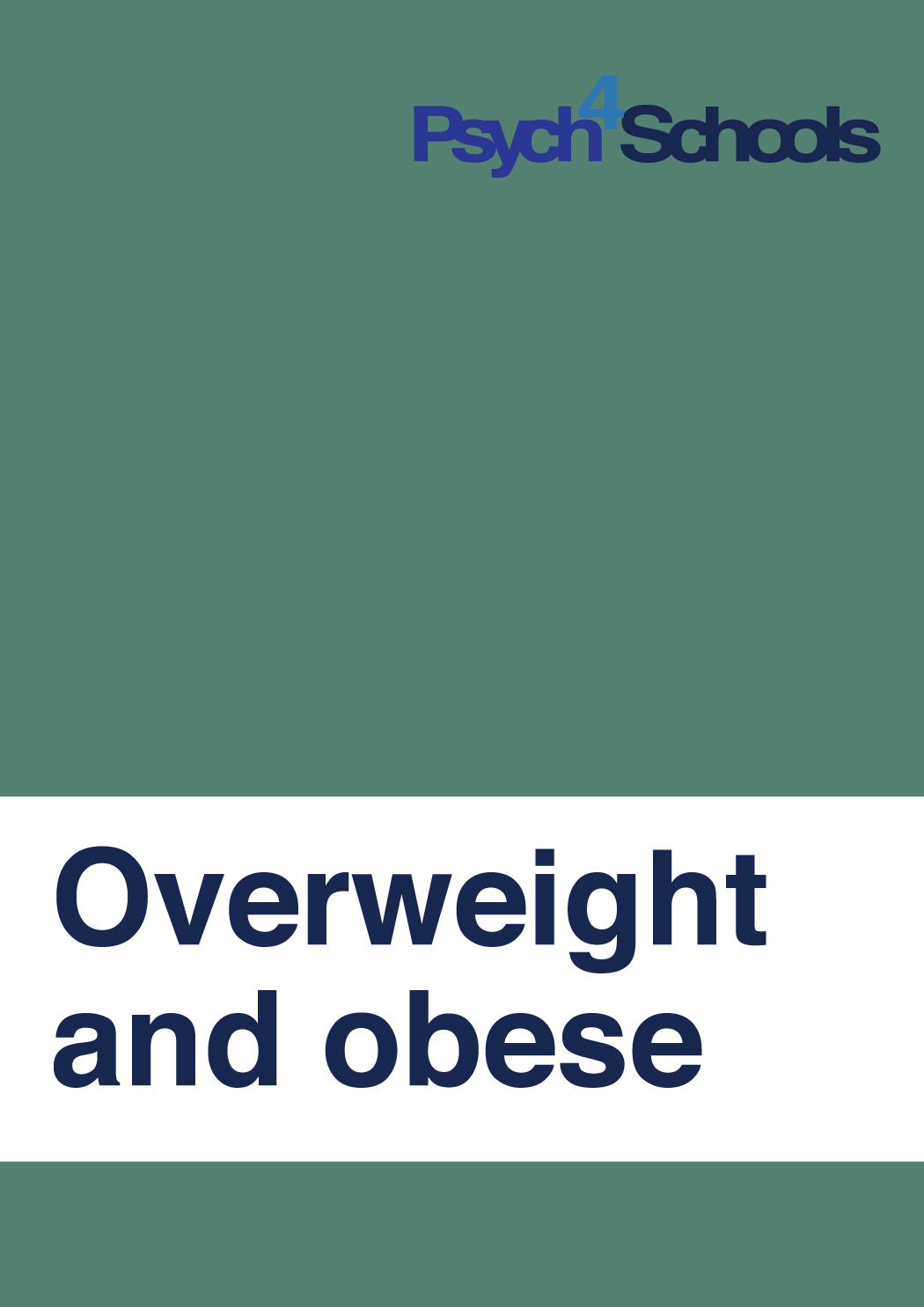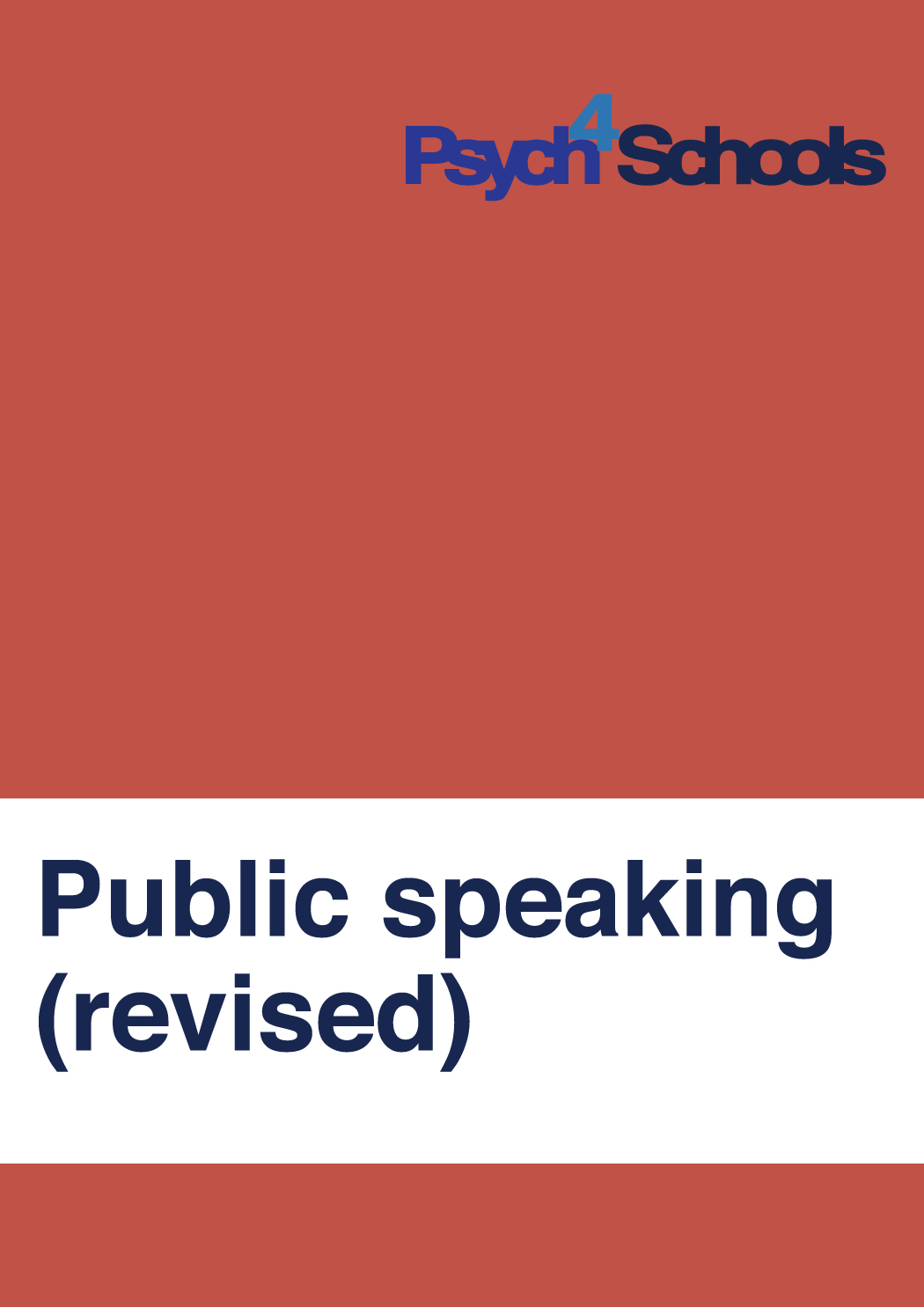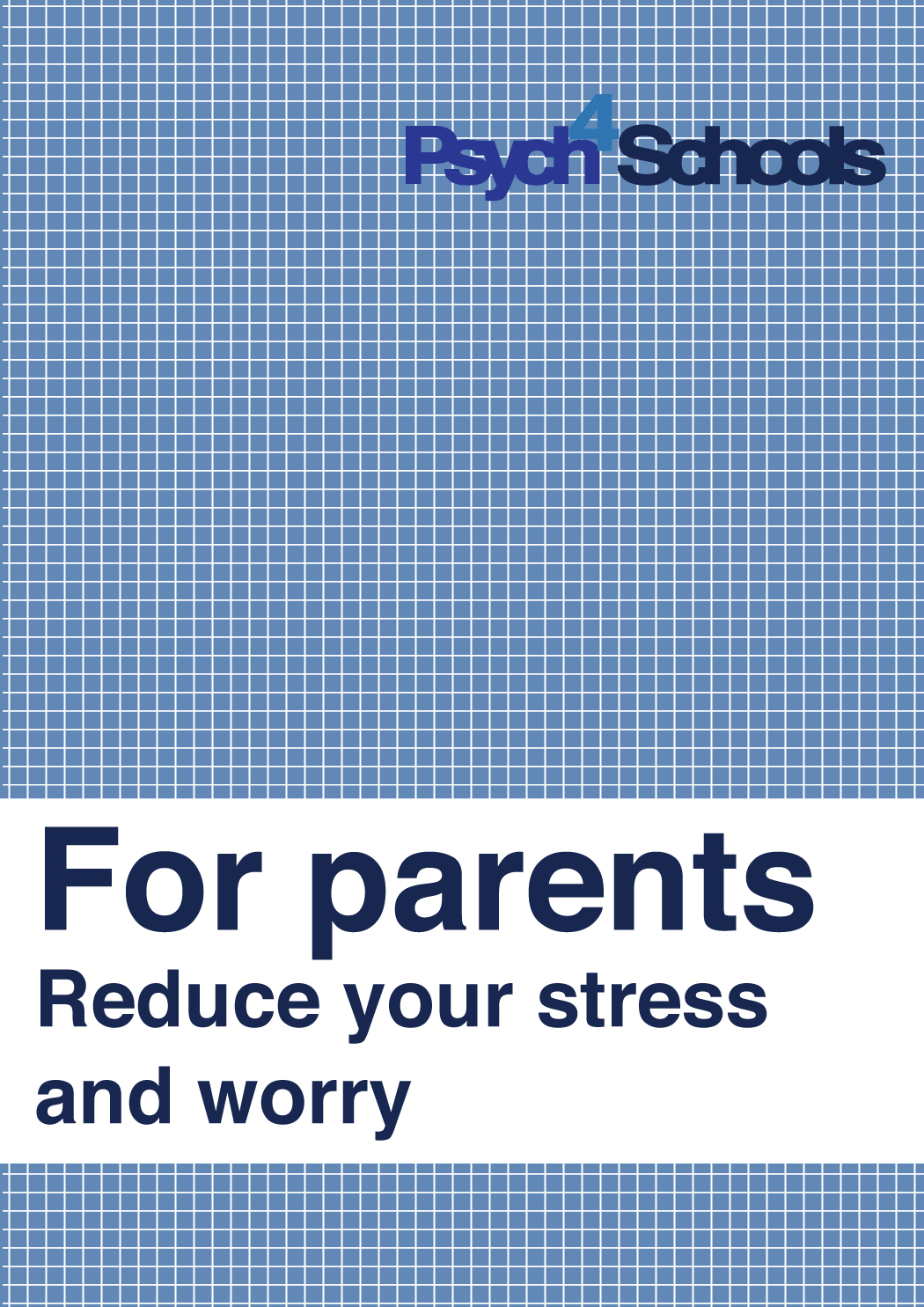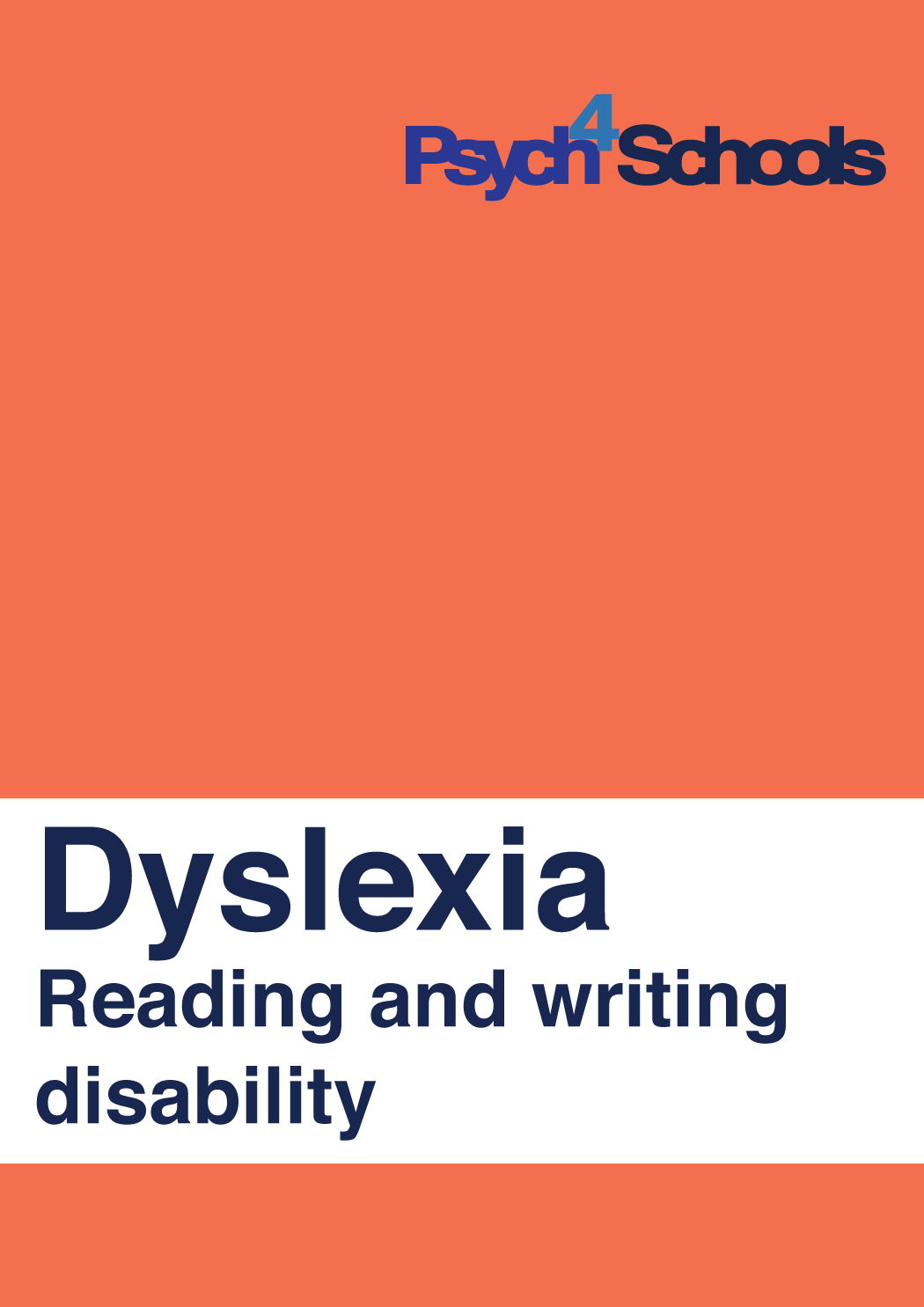Obese or overweight
The following is an excerpt from the ebooklet Working with children who are overweight and obese by Murray Evely and Zoe Ganim.
Introduction
Factors that may cause a child to be overweight or obese:
- Genetic inheritance or predisposition. Parental obesity is the biggest predictor of childhood obesity. It is also part of the reason why it is so difficult to assist a child who is obese. Often their parents are often unable or unwilling to make the changes themselves.
- Underlying medical conditions, such as hypothyroidism, growth hormone deficiency.
- Use of some medications such as steroids, antiepileptic and stimulant medications.
- Lack of physical activity and incidental activity, such as not walking to the local shops or walking to school.
- High use of sedentary behaviours, such as excessive use of computer, television and video games.
- Poor food choices. This includes excessive consumption of sugars and fats. This may be due to a lack of knowledge of what is healthy and unhealthy. Including the consumption of processed diet or low-fat products with the belief that they are healthy.
- Cultural factors, which may involve encouragement to overeat by parents and extended family.
Impact of being overweight or obese
Children who are overweight are often teased, bullied and socially excluded. This is often ignored or condoned at school, in the child’s home, in the broader community and by the media. In addition, some adults have lower expectations of overweight or obese children in relation to social and academic performance, personal motivation, organisational skills, physical skills and general abilities. As a result, some overweight and obese children suffer from high levels of anxiety and depression, and have difficulty actively participating in class and making friends.
Overweight children may avoid activities involving physical exercise due to the anxiety surrounding participation, along with the physical discomfort it can cause.
Children who are obese need to be assessed and supported by a doctor or paediatrician. In fact, all children should have their height and weight monitored by their family doctor.
Obese or overweight children are at continued risk of obesity during adolescence and adulthood and will almost certainly develop related health problems. Obesity increases the risk of developing type-2 diabetes, heart disease, suffering a stroke, bowel and other digestive system disorders and mental health issues.
Measuring obesity?
With children, judgements about being overweight or obese can be measured by health professionals using a range of measures.
Most health professionals use the child’s Body Mass Index (BMI)—weight (kg) divided by height squared (m2)] to determine whether a child is overweight. However unlike adults, children’s BMI must be measured against a chart that is specific for age and gender. Children whose measurement falls within the 85th to 95th percentile are considered overweight, while those with a measurement at the 95th percentile are considered obese.
Strategies to support the child who is overweight or obese
It is preferable to promote healthy weight in children through whole-class activities, in ways that do not embarrass, single out the child who is overweight or obese. The aim is to promote a balance between energy intake and expenditure to help reduce the incidence of being overweight or obese. It is often more effective to raise awareness and to talk about a child’s health rather than a child’s weight.
Teachers need to be mindful that some students are naturally bigger or thinner and that is okay as both can be healthy; the focus has to be on health. With a focus on weight only, there is a risk of promoting eating disorders, anorexia or low self-esteem, especially in children who have no support at home or little ‘willpower’ of their own. The focus should also be around making ‘healthy choices’—helping children; teachers and parents become responsible for their health where they can, for example through healthy eating and exercising.
For the whole class
- Examine your assumptions and attitudes about weight. All adults hold certain assumptions or attitudes about weight and body image. Be aware of any negative opinions you hold about obese or overweight people. Ask yourself ‘Do I make assumptions about a person’s personality, intelligence, attitude, or family life because of their weight?’ Understanding personal bias is an important step in assisting children in your class to clarify assumptions and stereotypes surrounding individuals who are overweight or obese. It may be beneficial to further educate yourself about the multiple and often complex causes of obesity in children.
- Use appropriate language. Be aware of and sensitive about the language you use. Do not talk about ‘being fat’, ‘going on a diet to make myself look better’, or how attractive someone is because of weight loss. Instead, talk about health and wellbeing. For example, ‘I walk each day to increase my fitness and become healthier.’ This is important in the classroom setting, because you can model appropriate language for children who often hear adults talking about ‘fatness’ rather than health.
- Intervene when you hear or see teasing and bullying. Make it clear to your class that name-calling and bullying is not acceptable. Ensure students in your class act bravely to intervene and stop this type of behaviour, at least by informing the teacher.
ISBN 978-1-921908-10-1
Copyright © Murray Evely and Zoe Ganim 2011
No part of this excerpt may be reproduced or reprinted without permission in writing from the publisher.
Click here to read copyright details, summary of the licence and terms and conditions to use and reproduce our digital materials granted to authorised users.
References
This article is an excerpt from the ebooklet Overweight and obese.
Download the complete ebooklet for full access to strategies and resources, including:
- For the whole class
- For the whole school
- Plan and consult before talking to the child’s parents
- Talking to the child’s parents
- If you and the child’s parents are happy to work together
- For the child
- Resources





